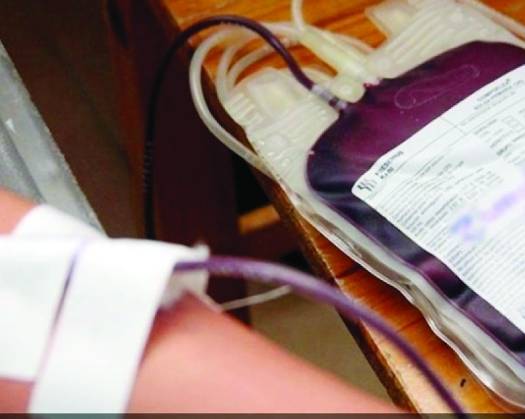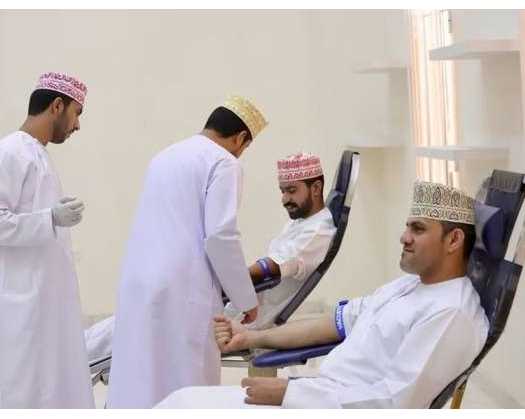The Central Blood Bank Services at Bausher (DBBS) is seeking enthusiastic donors to contribute blood units, citing a notable increase in demand and a concerning decline in blood donations over the summer season.
The DBBS has implored the public to assist in preserving lives as the nation faces a pressing need for a significant volume of blood units, particularly during the summertime when donations see a sharp decrease as individuals are on vacation, yet the necessity for blood remains unchanged.
"A shortfall in blood units is being observed due to the reduced number of donors during summer, and we, representing the Department of Blood Bank Services, wish to motivate all members of the community to consider donating blood this summer," said a representative from the DBBS.
"Conductors of blood donations serve as the primary source of blood supplies for individuals requiring treatments for sickle cell anemia, victims of vehicular accidents, or pregnant women," he further explained.
Individuals who fulfill the eligibility criteria are invited to donate blood from 8 AM to 8 PM on Saturdays to Thursdays, and from 8 AM to 2 PM on Fridays at the Bausher Blood Bank.
To reserve a donation slot and participate in the nation's blood donation initiative, interested parties are invited to contact the blood bank by phone at 94555648 or send a WhatsApp message at 24591255.
Statistics from the Ministry of Health indicate that the daily demand for blood units across all medical facilities is approximately 150, in stark contrast to a monthly average supply of 100, signifying an increase of nearly 40 percent.
The demand for blood and its components continues to escalate, with an average increase of 10 to 15 percent over the past few years, and a staggering fourfold increase in the most recent instances, according to the CBB.
The types of cases necessitating blood units or components are broad, ranging from surgeries, vehicle accidents, accidents in the workplace or home, acute illnesses, malignant diseases, conditions affecting blood cells, cancer treatments, and childbirth.
"We encourage volunteers to organize additional blood donation drives, with some initiatives led by the DBBS and others in collaboration with private organizations. However, the demand for blood continues to surge due to various medical emergencies," the official emphasized.
Moreover, the department has orchestrated numerous blood donation drives in partnerships with various governmental bodies. In the year 2023 alone, over 350 such drives were conducted.













